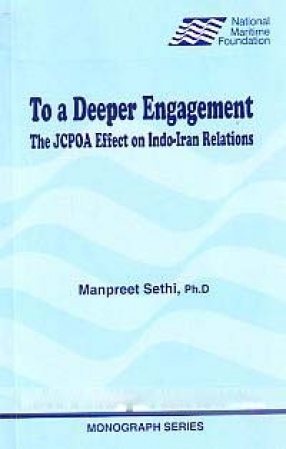
Manpreet Sethi

Showing all 7 books
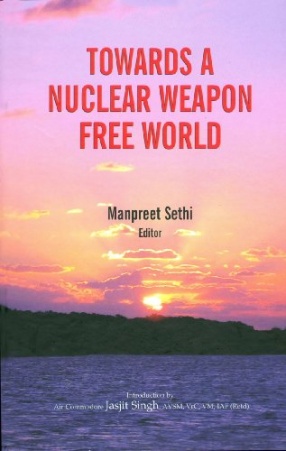

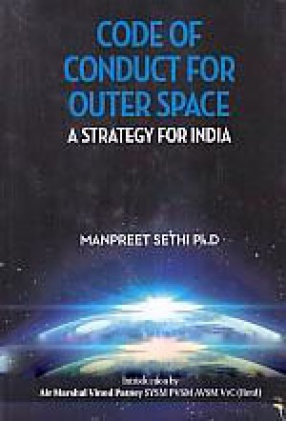
This book examines the measures that India must adopt to assure its own deterrence in space, while respecting international efforts to mitigate shared vulnerabilities through instruments such as the International Code of Conduct, a confidence and transparency building measure to address the challenges posed by proliferating space debris and traffic.
Taking a close look at the limitations in the existing legal framework in out space, it discusses at length the ...
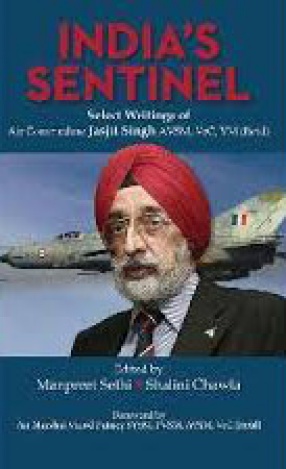
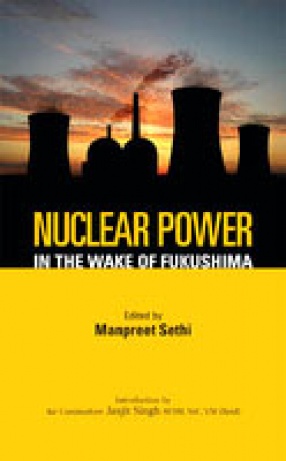
Nuclear power faced its biggest challenge in 25 years when an earthquake and a tsunami ofunprecedented proportions struck the Fukushima nuclear power station of Japan on March 11,2011. Three operating nuclear reactors at the site automatically shutdown, just as they weredesigned to in such an eventuality. However, the gigantic tsunami that followed the temblor, risingto a height of 45 feet, disrupted the emergency core cooling system and caused the much ...

Twenty years ago, then Prime Minister of India, Rajiv Gandhi, presented an Action Plan at the Third Special Session on Disarmament of the United Nations. The Plan proposed a three stage schedule spread over 22 years to not only bring about universal elimination of nuclear weapons, but also enable the creation of a secure and non-violent world order. Unfortunately, it proved to be an idea ahead of its time, steeped as the world still was in the Cold War ...
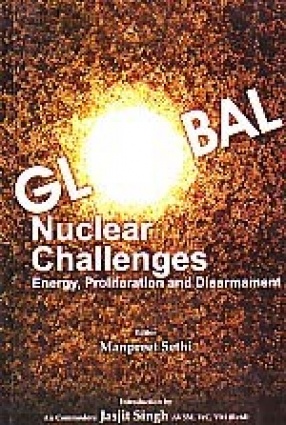
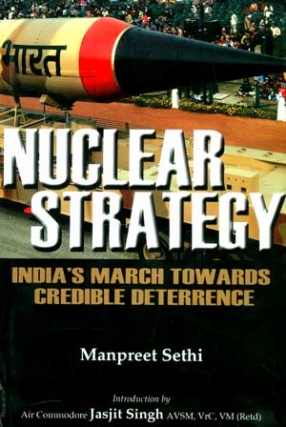
May 1998 marked the culmination of the long debate on India’s nuclear status. It also initiated the country’s journey towards credible, nuclear deterrence. Over the last decade, India has taken many steps down this path, with varying degrees of speed, levels of transparency and measures of success.Nuclear policy-making is traditionally shrouded in secrecy. But, for credible deterrence, the mystery must be balanced with some transparency. Surprise in ...
